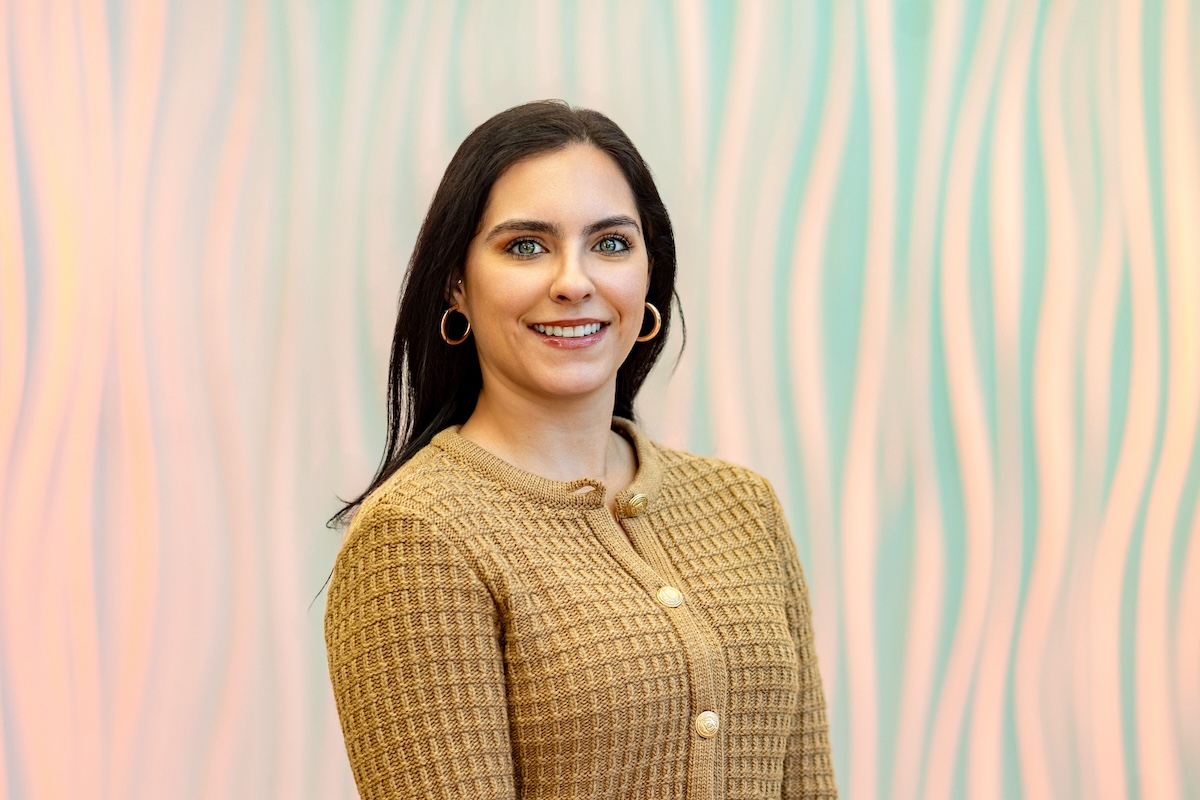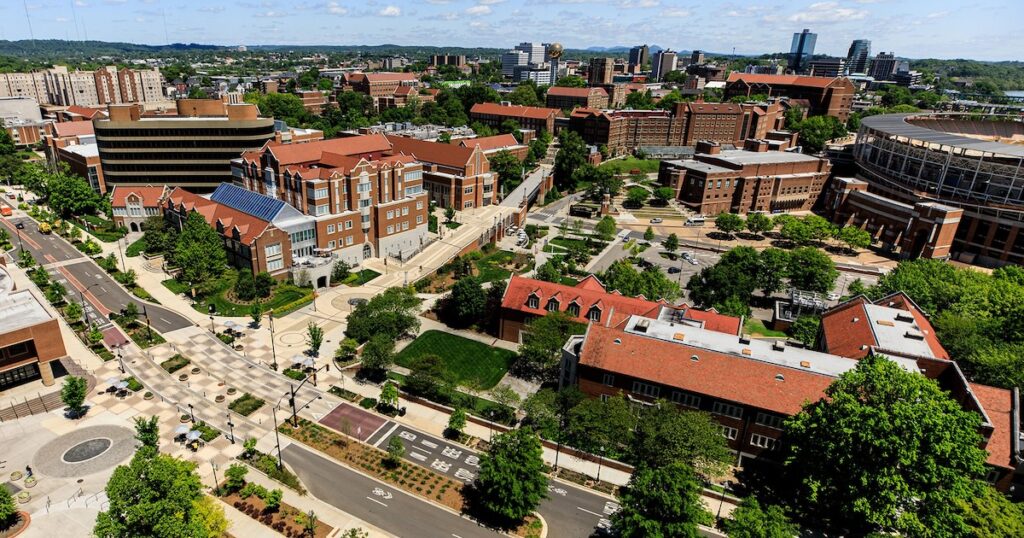Tennessee has one of the nation’s highest cancer mortality rates. A partnership among the University of Tennessee, the UT Health Science Center, and Oak Ridge National Laboratory aims to improve outcomes for cancer patients by identifying new precision therapies that leverage the state’s deep expertise in radioisotope production.
The partnership will advance new radioisotope theranostics—diagnostics plus therapeutics—from concept to clinical application by combining the talents and resources of each organization’s scientists and clinicians.
The Tickle College of Engineering is participating in this Convergent Research Initiative (CRI) through Nuclear Engineering Assistant Professor Ivis Chaple Gore. A radiochemist with experience in isotope production and radiochemistry for nuclear medicine and molecular imaging applications, Chaple Gore has been developing radiopharmaceuticals in her lab at UT.

In theranostics, radioisotopes are attached to molecules that are attracted to and accumulate around cancer cells. Imaging technologies track the location of the radioisotopes—and thus cancer—throughout the body. At the same time, the radioisotopes treat the cancer by releasing radiation where the cancer cells are located.
The precision approach minimizes interaction with normal noncancerous cells, preventing healthy cells from experiencing stress or damage.
“East Tennessee is not really known for this sort of research thrust, so I’m hoping that once we really get up off the ground with this CRI, we’ll be able to make ourselves known as a leader in this research area,” Chaple Gore said. “Then, I hope we can become recognized as one of the areas of the United States that patients living with cancer can come to and receive state-of-the-art care that is going to be personalized for their specific type of disease. This has the potential to be much, much more effective than the standard care right now.”
The radiopharmaceutical team will be building its capabilities with funding from the UT–Oak Ridge Innovation Institute, which was established in 2021 to enhance the long partnership between UT and ORNL. The team will receive $20 million in funding over five years to recruit and hire 20 experts. New hires will work in UT’s College of Arts and Sciences, TCE, College of Veterinary Medicine, and in the UT Health Science Center.
Chaple Gore anticipates adding one or two research faculty in her lab to work on the cancer research.
“My group is specifically training the next generation of radiochemists, so hopefully through this we can grow and expand,” Chaple Gore said. “It would be great if my lab in the Nuclear Engineering Department can become this hub of radiochemist trainees that will then go on and continue this work and expand the field even further.”
Contact
Rhiannon Potkey (865-974-0683, rpotkey@utk.edu)
